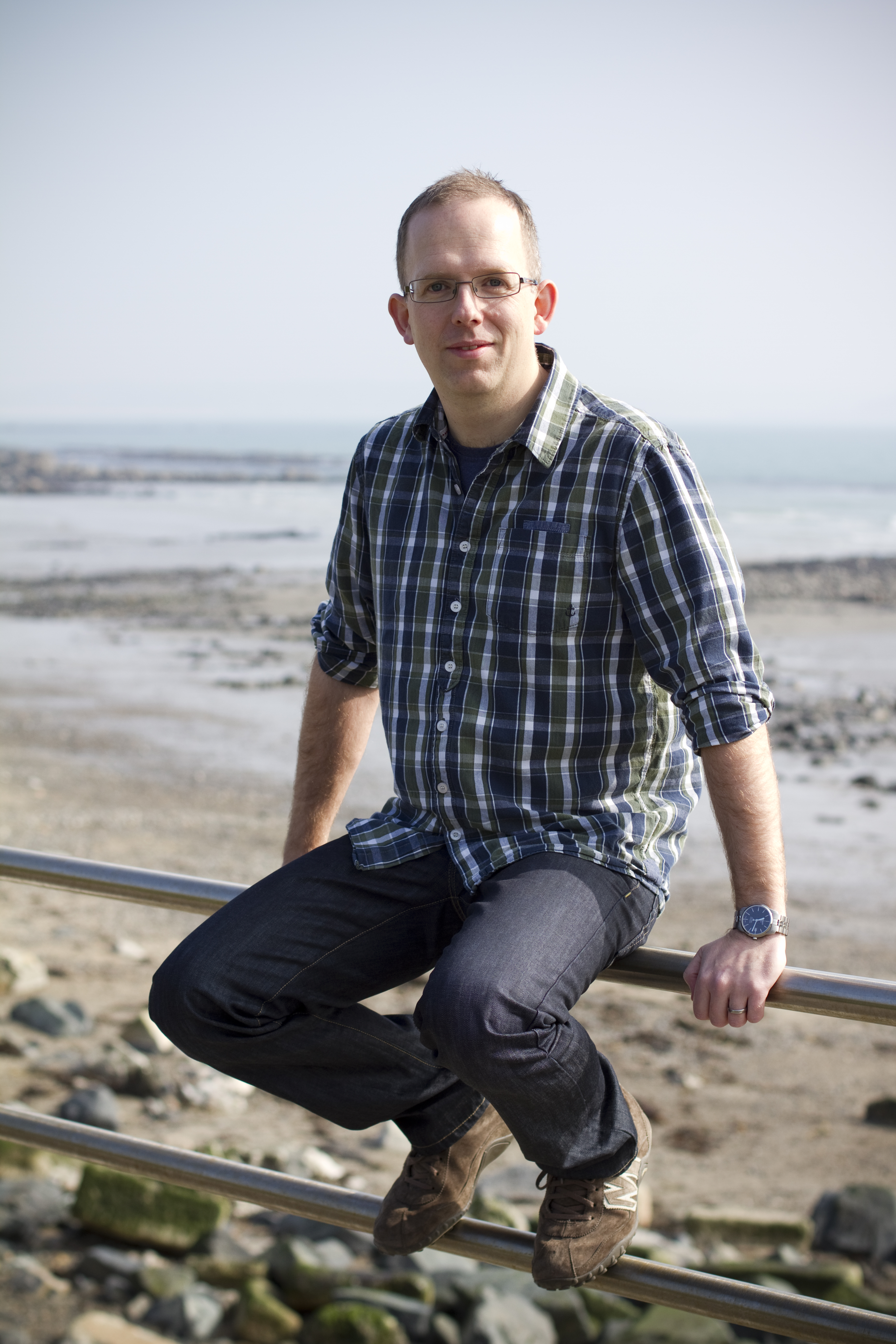Writers & Artists sit down with Wyl Menmuir, whose debut novel The Many was long-listed for the Man Booker Prize 2016, ahead of his appearance at our How To Get Published event, held in association with Literature Works.

In today’s publishing market, how important would you say it is for writers to also be editors and how in your experience, does this influence your relationship with the publishing process?
Years ago, I spent some time working in a recording studio and the guy who taught me about sound recording said if I learnt one thing from him it would be that the maxim ‘we can fix it in the mix’ is totally untrue. You need to make the original recording as clean as possible if you want to produce something people are going to want to listen to. The same is true of writing – it’s imperative to look at your writing with an editor’s critical eye. Anything less and you risk putting a novel or short story out there that doesn’t live up to the grand dream you have of it in your head. My experience is that editors work in different ways. Some are light touch and others work closely with their writers over a long period of time. There’s no guarantee you’re going to end up with the latter, and in any case, there’s no excuse for lazy writing in what is a highly competitive field. You owe it to your writing to polish it as highly as possible before handing it over to an editor. Plus, the more objectively you’re able to look at your writing, the better at it you’re going to be when you work with an editor.
Publishing has traditionally been seen as ‘London based’. We’re noticing more events and opportunities based around the process of getting published are happening outside of London. What would you say is the major benefit of attending such events for writers based in the South West as compared to say online resources on the subject?
Writing can feel pretty isolating, especially if you’re not at the centre of the publishing industry (that isolation is one of the reasons you might have an edge over a writer based in London, but that’s a different story). Being able to talk to people in the industry face-to-face is critical and having publishing events close to home makes that so much more achievable. It’s the way you make new connections with writers, agents, editors and others in the industry. Online resources can be incredibly helpful, but nothing beats making that human connection.
Why do you think it’s important to have writers talking about their own pathways and careers at events like How to Get Published – what it is that writers can offer that is different from the advice of editors and agents?
The writer’s perspective is important as that’s the one through which you’re most likely to experience the publishing industry. Writers can tell you about their experience of working with publishers, with agents and editors and the whole raft of other people who become critical to making your writing a success. It can be a very different perspective to looking at it from the other direction. In my experience, one of the most helpful things writers can do for other writers is to share their experience of the highs and lows of the experience. I talk regularly with other novelists who are at different points in their career to help me to understand the publishing landscape better, and to help identify some of the pitfalls and opportunities I might not otherwise know about.
What would you say is the top misconception people have about the process of getting published?
One of my misconceptions was about the length of time everything takes, from the writing and editing process through to all that happens once you’ve got a publisher on board. There is an awful lot of waiting involved in publishing a novel, a lot of holding your nerve. Some things seem to take an inordinately long time (I’m sure for very good reasons). Sometimes nothing will happen for weeks and then there’ll be a flurry of activity and then everything will go quiet again. You have to keep a lid on that voice that’s telling you it’s all gone quiet because everything’s off, while knowing when to follow up.
Can you give us a taster of one of the editing tips you’ll be sharing on the day?
I think sometimes the simplest of tips can be the most effective. One thing I always do when I’m editing is to read my work aloud. You can pick so much out that way – basic errors your inner voice glosses over, problems with the rhythm of a sentence or the flow of ideas. It’s harder to hide from mistakes when you hear them spoken. I recently discovered that my computer will read my work back to me in a number of different voices. I set it up so a different computer voice reads back a chapter each and I’m amazed at how much I’ve picked up from doing that. The dispassionate voice of a computer doesn’t gloss over any of your mistakes – it can be quite brutal, to hear your words spoken like that, but it’s effective.
What’s coming up next for you?
I’m in the process of writing (or rather re-writing) a novel at the moment, which I aim to have finished by the end of the year and I’ll be making a start on novel three in early 2018. I have some very exciting plans for researching my next novel (though these plans are still very much up in the air and I don’t want to jinx them by revealing them) and I’m working on an idea for a non-fiction book as well.
This interview first featured on the Literature Works website here.
Comments